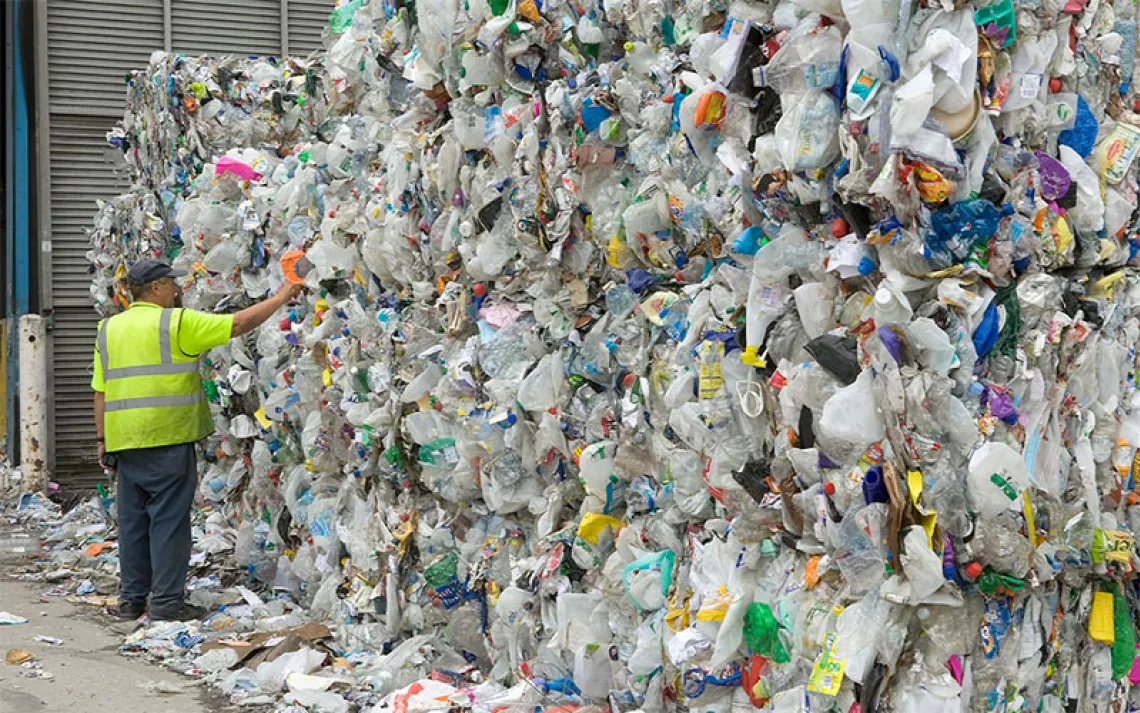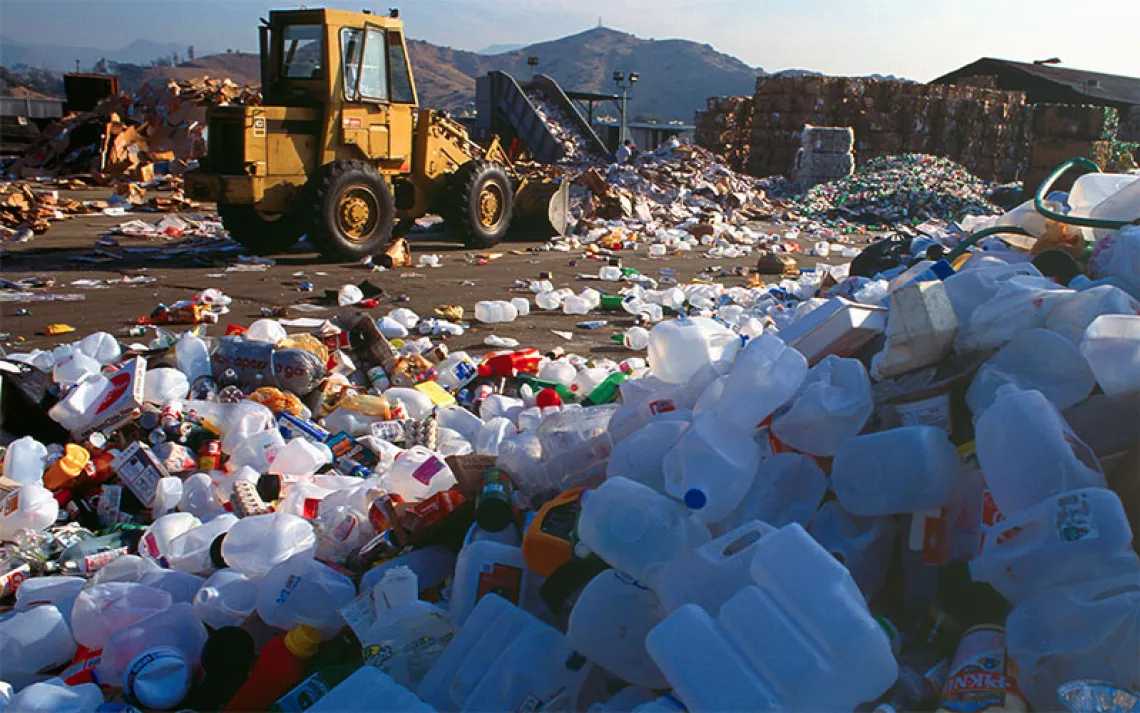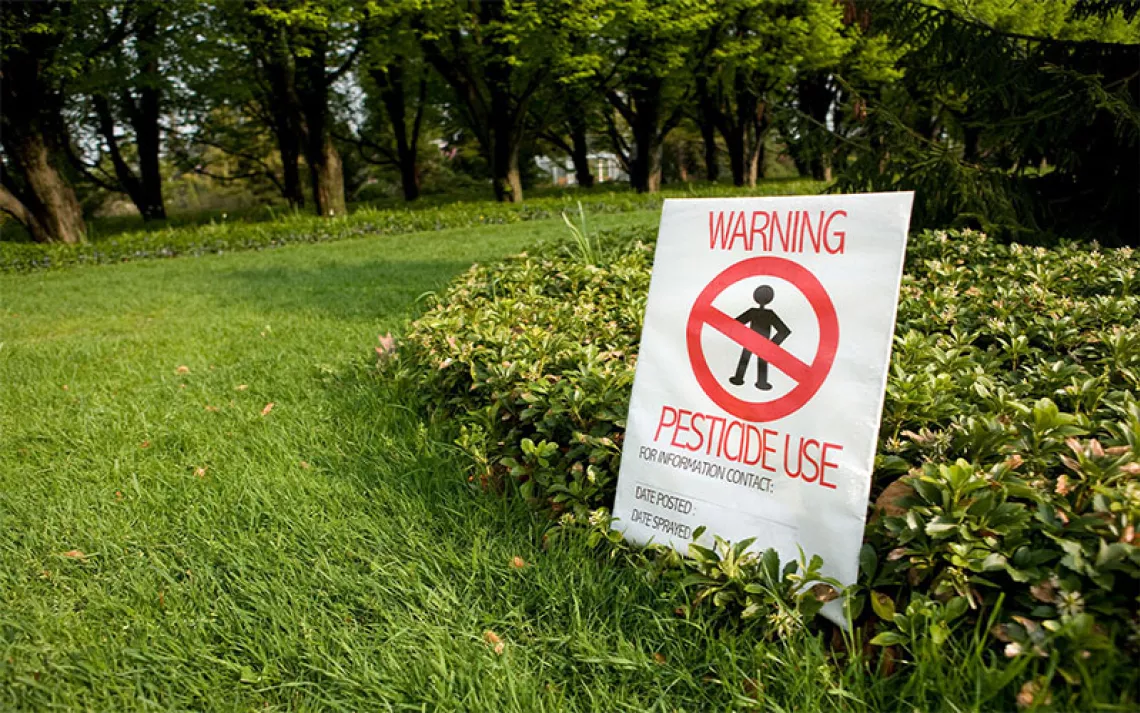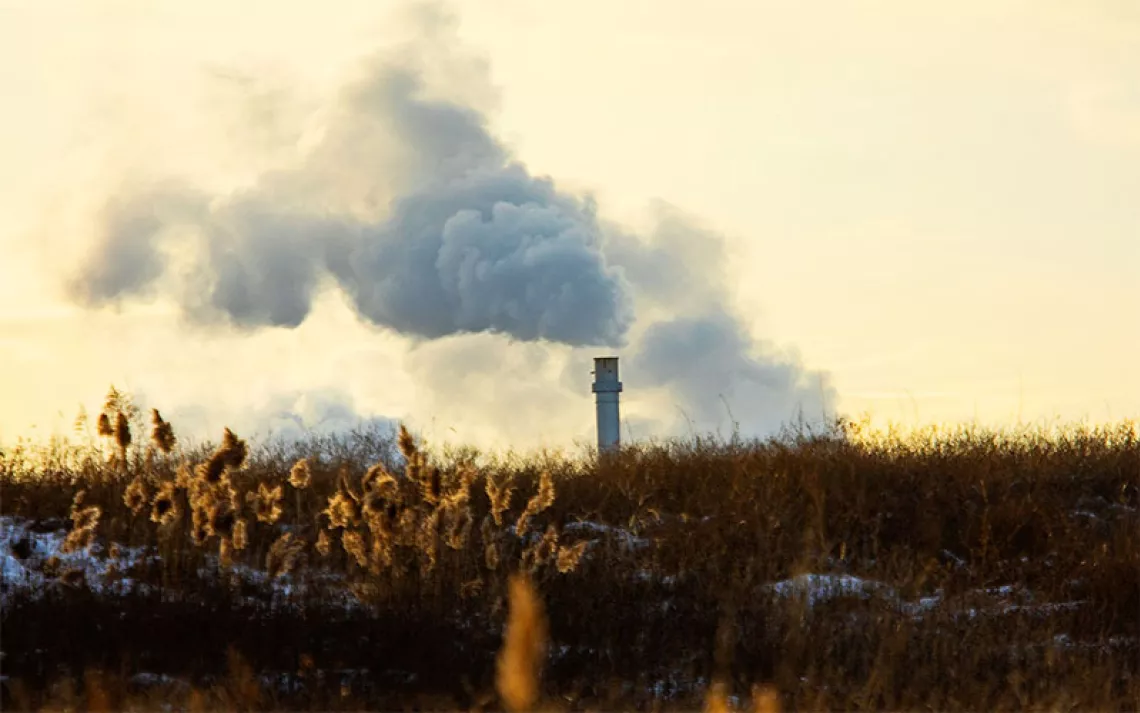Where Can I Get Greener Office Supplies?
Paper-clip these tips and brands that don’t just sound good on paper

Photo by iStock/netrun78
Hey, Ms. Green!
Where can I get less-toxic and greener office supplies?
—Kevin in Carlsbad, California
I hate to burst your bubble wrap, but there aren’t many one-stop shopping sources for less-toxic and greener office supplies. Your best bet is to focus on which office products you tend to deal with in your workplace the most and then replace them with better alternatives.
Office supplies at the top of the stack might be paper products. The pulp and paper industry is a major contributor to water and air pollution globally: Manufacturing bleached and “elemental chlorine-free” paper emits cancer-causing dioxins into our air and water. For day-to-day office work, look to use paper that has one of these certification labels verifying the product is recycled: Green Seal, UL Ecologo, SCS Global Services, or Forest Stewardship Council (FSC). FSC has three labels. Try to go with “FSC Recycled,” which means it contains 100 percent recycled materials. Also look for paper with 100 percent post-consumer recycled content (PCRC). PCRC, sometimes called post-consumer waste (PCW), is greener than 100 percent total recycled content (TRC) because TRC can have pre-consumer (also called post-industrial) recycled waste, which are just byproducts of the manufacturing process. Finally, try paper certified by the Chlorine Free Products Association (CFPA) or labeled "processed chlorine-free (PCF).”
The least-toxic and greenest paper that I could find is New Leaf Paper’s Harmony Office copy paper and notebooks. Greenline Paper also sells 100% PCRC paper products (though only some are PCF and FSC Recycled) and other office supplies.
If you want to put pen to paper, get the greenest pens too.
Check out the Sustainable Purchasing Leadership Council’s (SPLC) specifications for office supplies and free take-back recycling programs, which launched in 2022. When you download specs from that link, I recommend selecting the “greener” specs file instead of the one for “green” specs. It also lists other greener products commonly bought through major office suppliers: electronics, furniture, lighting, and also bags for waste and composting, paper towels, and facial tissue to name a few.
Workspaces can often have toxic environments in the form of common furniture, flooring, antibacterial, vinyl, or “biodegradable” plastic. Ask me how to green your workplace or home! Or ask me about less-toxic and greener permanent markers, whiteboard markers, printer cartridges, or art or school supplies like scissors, pencils, erasers, glue, and binders.
 The Magazine of The Sierra Club
The Magazine of The Sierra Club



